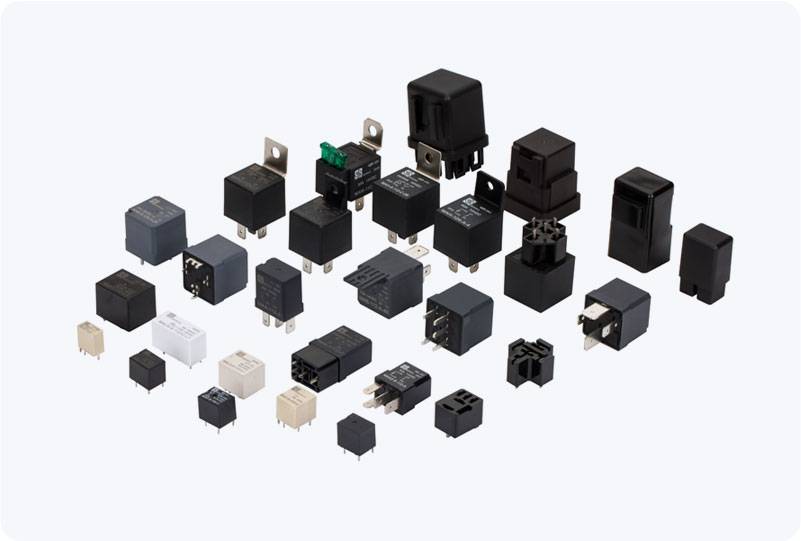Automation relay, a critical component in modern industrial control systems, plays a pivotal role in ensuring the smooth operation and protection of automated machinery and processes. These devices function by controlling the switching of electrical circuits through low-power signals, thereby offering a reliable solution for high-power control in industries. Whether it’s for fault protection, load management, or system monitoring, automation relays are indispensable in today’s automation landscape.

What is an Automation Relay? At its core, an automation relay is an electromechanical device that utilizes electrical signals to control circuits. When a low-voltage input is applied to the relay, it closes or opens contacts in the output circuit, thus enabling or disabling connected equipment. This makes it possible for automation systems to control high-power devices, such as motors, heating systems, or lights, with minimal risk of electrical failure or overload. There are various types of automation relays, each designed to serve specific roles within a control system. For example, time-delay relays are used to delay the activation or deactivation of a circuit, while current protection relays monitor electrical currents to prevent equipment damage due to overcurrent situations. Other types, like temperature relays, are employed to monitor and regulate temperature-sensitive systems.
Leave a Reply